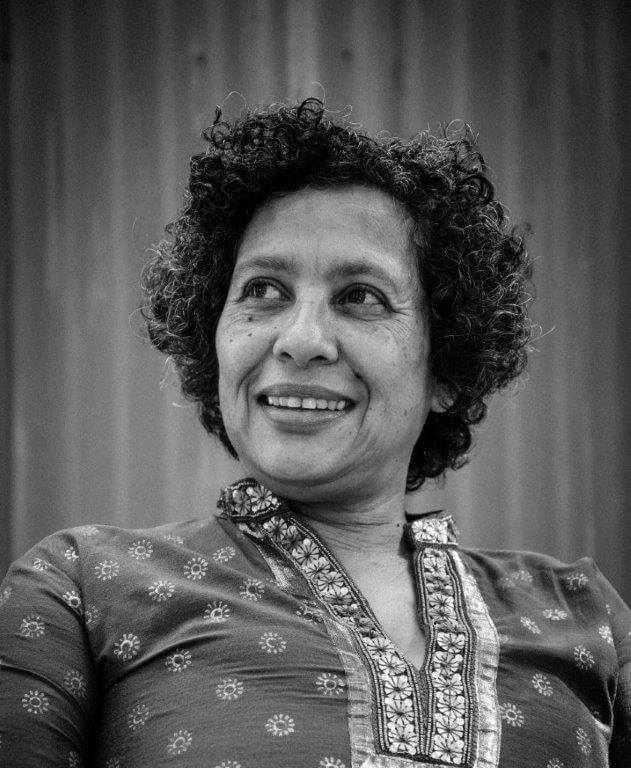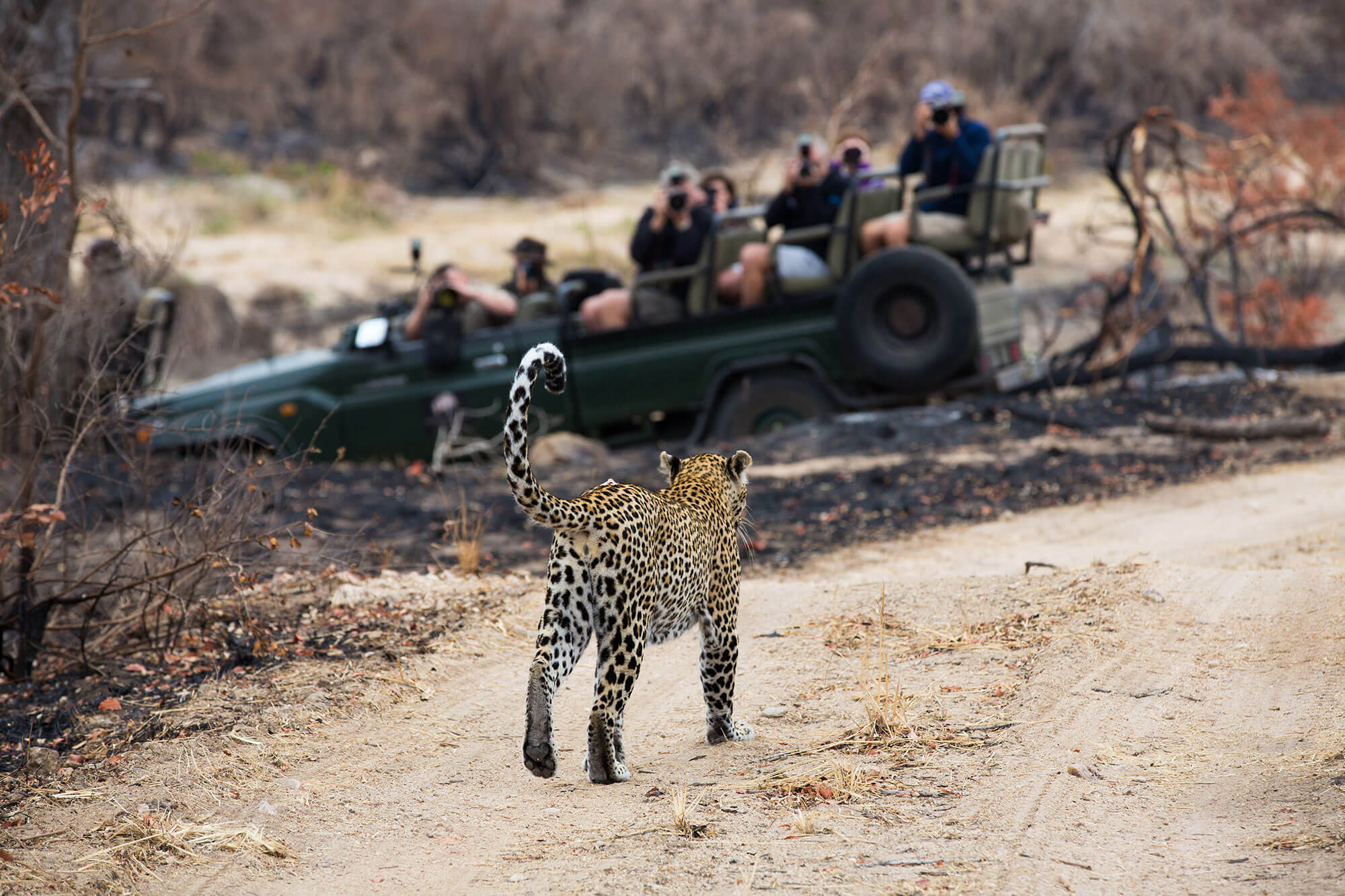Advertisement
Usually, when you review a book that you think is good, or even – as in this case – excellent, you wax lyrical about how much you enjoyed it. Well, this was not the case here. Reading this book is not enjoyable. Every page you turn feels like being hit over the head with something big and heavy – perhaps a book, but definitely a hardcover one. Seriously, it’s a traumatic read, but a very important one, especially for developers with a social conscience who are hoping to create something sustainable.
Fred Daniel and the dream
Fred Daniel, who had made a tidy sum of money in IT, retired in 1998 to dedicate the rest of his life to his ‘true passion’ – conservation. To this end he bought a 916-hectare game farm between Badplaas and Barberton.
Before signing, he researched every aspect of the land. He found that there were no records of forced removals in the area, and that the farm in question had been white-owned since 1846, possibly earlier. While the area was economically depressed, the land had everything – water, a range of altitude and habitats, and a fantastic position within an easy drive of Johannesburg, and close to existing tourism hotspots like the Kruger National Park and Barberton, with its fascinating palaeontological resources. Even the economic depression could be turned into an advantage, as part of his plan was creating long-term employment for people already living in the area. Things went well, and Fred bought surrounding farms as they came up on the market.
Advertisement
By November 2000, Fred had consolidated the farm to 14,572 hectares, and intended to increase it to 30,000. The plan was to develop it as a private conservancy, the Nkomazi Wilderness Reserve, and to – eventually – join up with nearby Songimvelo Game Reserve and – across the border – Malolotja National Park in Swaziland. There were plans for a range of tourism ventures including a fly-fishing lodge, an inland dive resort, game lodges and – the cherry on top – a ‘7-star game lodge’.
As Fred expanded his holdings, he ‘regularly informed the Mpumalanga Parks Board of his activities and checked with the regional Land Claims Commission to ensure that there were no claims on all his prospective purchases.’
Things were looking good. Local and foreign investors were interested in coming on board, and Fred applied for an enclosure licence so that he could keep big game – including the Big Five – on the reserve. This, together with the fascinating palaeontological heritage of the area, got some big names interested in investing. In October 2003, Fred signed a one-year option with Kerzner International. The hotel group invested R10 million to assist in environmental restoration, and pledged R283 million to acquire land to build a ‘7-star’ luxury One&Only safari lodge.
So far, so good. But then the wheels fell off. Introducing the eponymous predator politics,

Rehana Rossouw writes a single paragraph that will strike fear in the heart of any developer. I quote it verbatim: ‘In his business plan, Fred identified only two threats: political instability, and competition from other tourism destinations. The biggest threat, for which he had performed no due diligence, came from politicians, who feasted their hungry eyes on the fruits of his hard labour.’
Predator politics
The book details a series of scams, cons and shenanigans that are almost too much to be true. In fact, I kind-of want to believe that the author made them up – or at least exaggerated them – but the supporting evidence is just too convincing.
Some of the ways that MEC for Agriculture and Land Affairs, DD Mabuza, in cahoots with the Mpumalanga Tourism and Parks Agency (MTPA), thwarted Fred’s planned development ranged from obstructing his enclosure licence so that he could not keep big game, and instigating a series of bogus land claims, to arson and death threats.
Fred’s failure to get permission for the Big Five led to the loss of the One&Only deal, but – while that was a big-value loss – it wasn’t the only one. Rossouw details a string of persecutions and harassments that quite boggle the brain. In a sting worthy of a Hollywood blockbuster, a Dubai-based company, Dubai World, first went into partnership with Fred and then – after he finally gave in to the pressures of dealing with MTPA – bought him out. The very next day, MTPA approved Dubai World’s application to keep predators and the Big Five. They didn’t even have to fill in an application form – MTPA merely tippexed out the name of Fred’s company and filled in Dubai World.
The ramifications
It’s a sad story but, while it is ostensibly about Fred Daniel and the inherent corruption of MTPA and the Mpumalanga government, it is also about wider issues. It’s not an easy book to read, and it should probably come with a health warning for anyone who has blood pressure issues, but it details such a wide array of crimes, and illustrates the depth and extent of corruption in Mpumalanga, that it’s worth trawling through in detail.
While Fred Daniel’s experiences are extreme, they are – unfortunately – not unique and not uncommon. It’s a rare developer who has not had to deal with corrupt officials. So, while the story has a sad ending, and it’s hard to figure out what Fred should, or could, have done differently, it is a salient lesson in the fact that property development requires many skills that are not taught in most MBAs.
Predator Politics: Mabuza, Fred Daniel and the Great Land Scam by Rehana Rossouw. Jacana Media (Johannesburg) 2020



